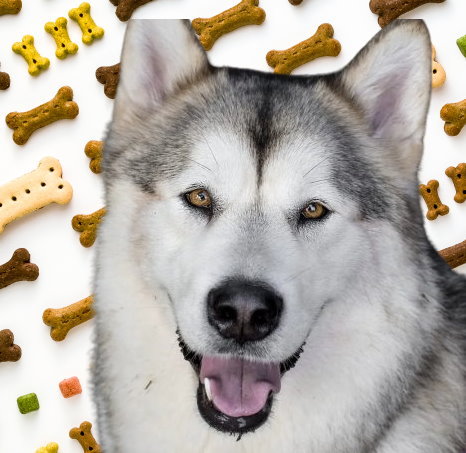Welcome to Dog Training Newbies !
Welcome to Dog Training Newbies !

Alaskan Malamutes, known for their strength and loyalty, can be particularly prone to separation anxiety due to their strong attachment to their human companions. Understanding the root causes and addressing this anxiety with effective strategies can help ensure a happier, healthier life for both you and your dog.
Separation anxiety in Alaskan Malamutes often stems from their deep bond with their owners. These dogs are pack animals by nature and thrive on social interaction. When left alone, they may experience stress and anxiety, leading to behaviors such as excessive barking, destructive chewing, or attempts to escape.
Recognizing the signs of separation anxiety is crucial. Symptoms can include vocalization, pacing, drooling, and attempts to escape confined areas. Some Malamutes may even refuse to eat or become depressed when left alone. Understanding these signs helps in identifying anxiety-related behaviors rather than attributing them to disobedience.
To address separation anxiety, it’s important to create a sense of security and routine for your Malamute. Start by establishing a consistent daily schedule that includes regular exercise, feeding, and playtime. Alaskan Malamutes are energetic dogs, and ample physical activity can help reduce anxiety by burning off excess energy and promoting relaxation.
Gradual desensitization is a key technique in managing separation anxiety. Begin by leaving your Malamute alone for short periods, gradually increasing the duration as they become more comfortable. Use positive reinforcement by rewarding calm behavior upon your return. This approach helps your dog associate being alone with positive outcomes.
Creating a safe and comforting environment is essential. Provide a designated space with familiar items like their bed and favorite toys. Consider using calming aids such as pheromone diffusers or anxiety wraps to help soothe your Malamute. Background noise, such as leaving the radio or television on, can also provide comfort by mimicking the presence of people.


Mental stimulation is crucial for preventing boredom and anxiety. Interactive toys, puzzle feeders, and treat-dispensing toys can keep your Malamute occupied and mentally engaged while you’re away. These activities not only provide entertainment but also help alleviate stress by giving your dog a task to focus on.
Training plays a vital role in managing separation anxiety. Commands like “stay” and “relax” can be useful tools for teaching your dog to remain calm in your absence. Positive reinforcement through treats and praise reinforces these behaviors. Consistency is key, so practice these commands regularly in various situations.
In severe cases, seeking professional help may be necessary. A certified dog behaviorist or trainer can provide personalized strategies tailored to your Malamute’s specific needs. They can help identify triggers and develop a comprehensive plan to address the anxiety effectively.
Some Malamutes may benefit from medical intervention. Consulting with a veterinarian can help determine if medication is appropriate for your dog. Anti-anxiety medications or natural supplements may be recommended to help manage severe anxiety symptoms, but these should always be used in conjunction with behavioral strategies.
It’s crucial to remain patient and understanding throughout the process. Overcoming separation anxiety can take time, and setbacks may occur. Celebrate small victories and maintain a positive attitude. Building confidence and resilience in your Malamute requires dedication and consistency.
In conclusion, understanding and addressing separation anxiety in Alaskan Malamutes involves a combination of routine, training, and environmental adjustments. By recognizing the signs and implementing effective strategies, you can help your Malamute feel more secure and comfortable when alone. With patience and perseverance, you can foster a sense of confidence and independence in your loyal companion, leading to a more harmonious relationship.